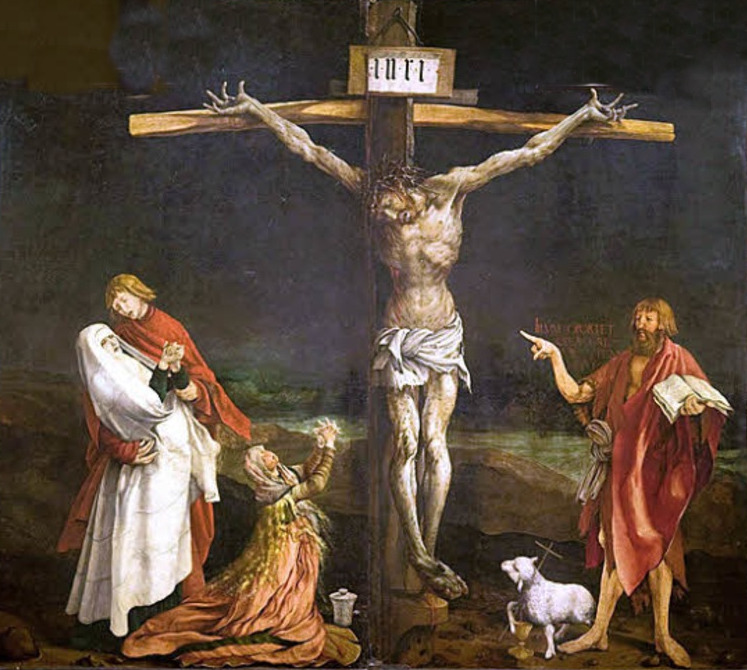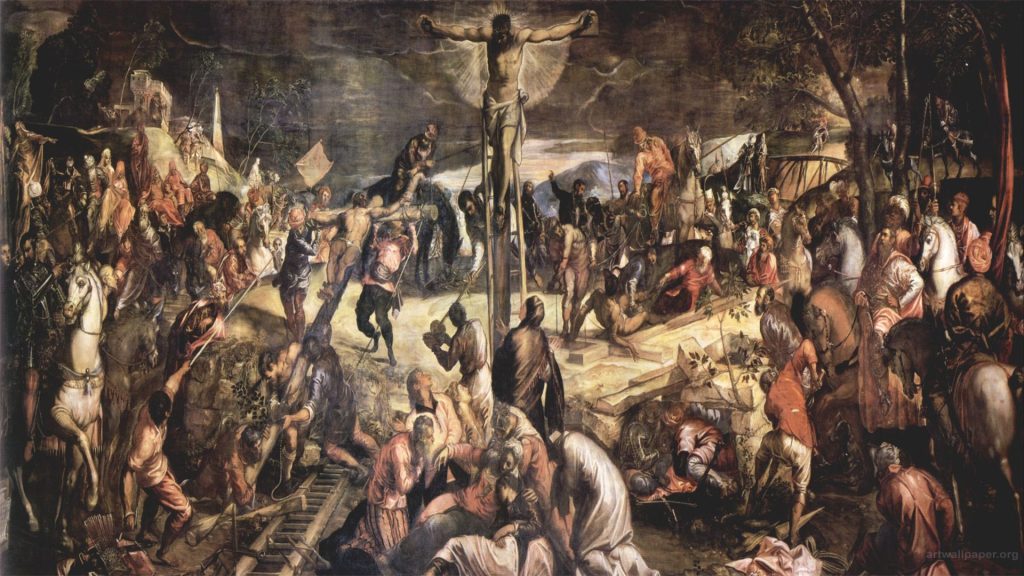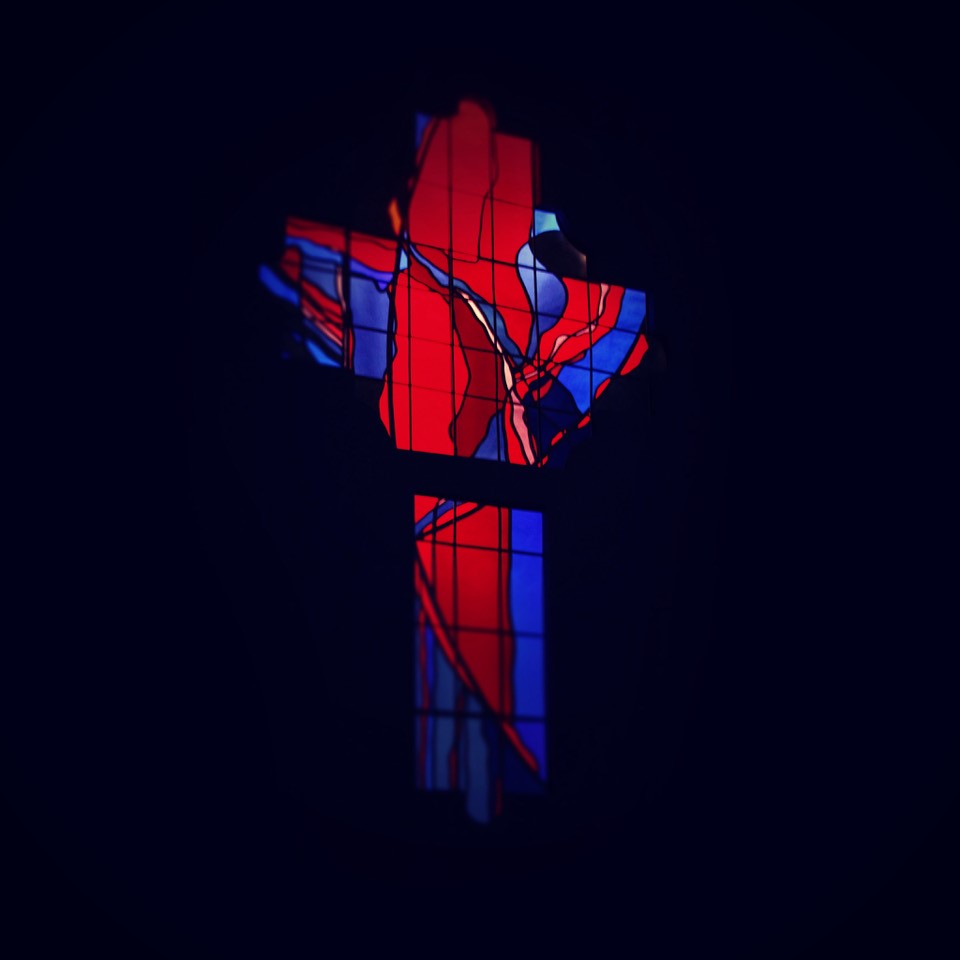The German-Jewish philosopher Moses Mendelssohn (1729-1786) held thinking philosophically for the best way of dealing with the challenges and the problems of life. However, he added, you cannot expect everybody to do that. Where philosophy is not at hand, religion is the next best thing.
Hope and realism
Is hope good? You may argue that “hard” realism is better, provided you have the courage to deal with reality as it is. However, the reports from those who really needed hope is clear: In the middle of the previous century only those who clung to a hope for better times were able to survive the German and the Soviet concentration camps. Some of the survivors were religious and some of them believed in, e.g., socialism.
A more radical approach would be replacing the hope for better times on earth with a hope for a better life beyond death. The above-mentioned Moses Mendelssohn tried to prove that humans have an immortal sole. Johann Wolfgang von Goethe, however, argued that regardless of this particular hope any sensible person should try to do the best out of life on earth as we know it.

But what is a good life on earth? I guess you can see life as basically a god thing in itself or as a “trial” which, if dealt with properly, renders you passage to a better place afterwards. However, both those views can be refined.
A good life on earth cannot be reduced to pleasure-seeking. Most people will not be satisfied with pleasure alone, even if, say, material goods, abound. But add social relations, and more people will be satisfied.
But then again, what is a good social relation? Are you satisfied with 300 + Facebook friends and, say, twenty “likes” a day? I guess good social relations takes more than that, perhaps something in common beyond the individual-to-individual, contract-like social relation.
And then we are close to religion. Early social scientists, like Max Weber and Emile Durkheim, readily recognised that religion is socially useful. But is that all? If you say yes (and expect more from life than pleasure and “likes”), you land in a paradox. If you believe in something because it “works” AND RECOGNISE THAT, you no longer really believe.

So, what more CAN there be to it? Well, even Christians admit that they cannot say what Heaven is like. Correspondingly honest atheists would admit that they do not know everything (for instance where the universe came from). Both orientations are left with at least one big question that cannot be answered by empirical (re)search.
Artwork of the fortnight

It is not easy to modernise an old theme. In my opinion, in the image above, the polish stained-glass painter Piotr Ostrowski succeeds. I find this image beautiful and (morally) good.
The painting leaves some doubt as to whether it is depicting the crucifixion of Jesus (in an abstract way) or if it is depicting only a cross (a symbol). You can see this as reflecting some doubt in our time. Did Jesus really die for us?
Schreibe einen Kommentar